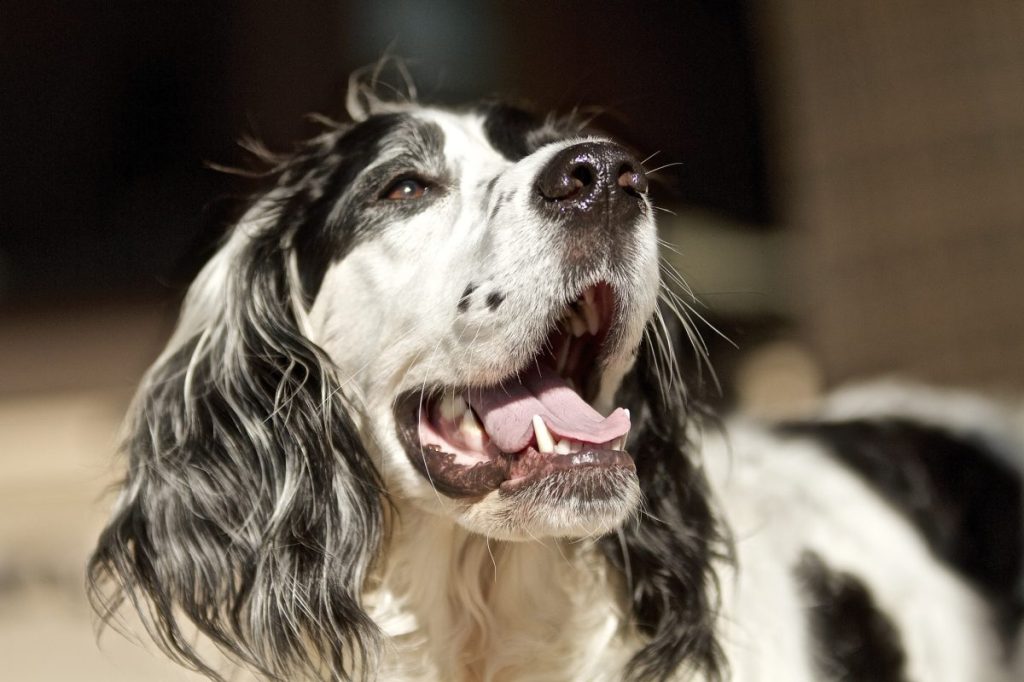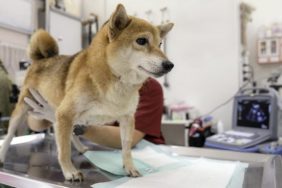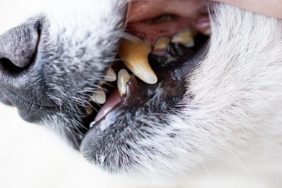Nothing beats doggy affection in the form of slobbery kisses — unless your dog has a bad case of halitosis or bad breath. Dogs aren’t exactly known for their fresh breath, but if your pup has really horrible breath, it may be a sign of something more serious.
Dogs have bad breath for a myriad of reasons. Sometimes it’s just a case of oral hygiene and a brushing regimen can eliminate the issue. Other times, it can be a sign that something in your dog’s gut, liver, or kidneys is off. Here are some of the most common reasons your dog has stinky breath.
Periodontal disease
Periodontal disease, also known as gum disease, is one of the most common culprits behind bad breath. In fact, dogs are five times more likely than humans to get gum disease, and the reason is simple: dogs don’t get their teeth brushed as often as humans.
If your dog shows signs of periodontal disease (or even if they aren’t), it’s a good idea to adopt an oral hygiene regimen for your dog. Like humans, dogs should have their teeth brushed twice a day. Learning how to brush a dog’s teeth won’t just help get rid of bad breath, either; it will help your dog’s health overall.
Bad eating habits
Dogs can be gross. If your pup has a habit of eating less-than-savory things such as poop, garbage, or small animal carcasses, their breath will stink. If your dog has coprophagia, the scientific name for poop-eating, there are ways to get rid of the nasty habit. Be sure to monitor your dog at all times, including when you let them out in the backyard.
Does your dog like to dig in the litter box for snacks? Make sure it is in a place only your kitty can reach. Eating cat feces isn’t just gross, it can also be dangerous to your dog’s health.
Kidney disease
Does your dog’s breath smell like urine? This could be a sign that their kidneys are not functioning properly. This is a serious medical condition that requires your vet’s attention ASAP. Kidney disease can be a sign of larger medical problems. There are natural ways to treat kidney disease, but you should consult your vet before starting any course of treatment.
Gastrointestinal disease
If your dog’s digestive system is off track, this could lead to stinky breath. The symptoms of gastrointestinal disease in dogs also include lack of appetite, vomiting, and lethargy. Gastrointestinal disease is treatable, but it does require a veterinarian’s diagnosis and treatment.
Treating bad breath
The best way to treat your dog’s bad breath is to use preventative measures. Be sure to brush your dog’s teeth twice daily. If your dog is not a fan of brushing, talk to your vet about options to keep your dog’s oral hygiene in check. Dental chews can help, but they shouldn’t be the only form of oral cleaning for your dog.




